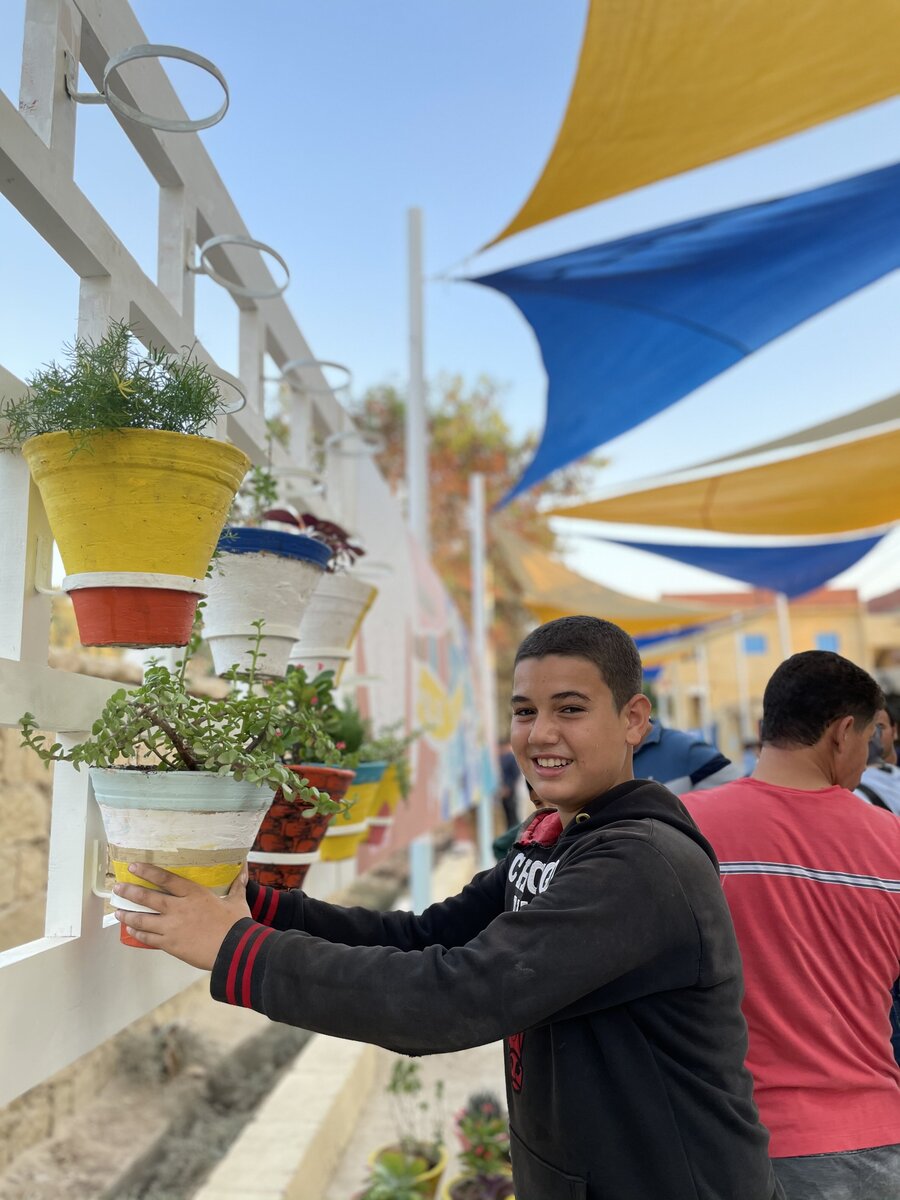
Travelers do not just enter towns or cities with their luggage, cameras, passport and other travel essentials, but more so with their hearts, minds and attitudes. They can leave traces of themselves wherever they go, and though most do not realize it, they can also deeply impact the environment and the lives of communities that they visit.
Community-based tourism helps mindful travelers to ‘check into’ the lives of communities rather than merely a hotel; to ‘sign into’ a community project rather than just their mobile phones, and to create collective memories rather than singular ones for themselves. It is, in its true essence, a mindful journey that prioritizes and respects the culture, the environment and the development of local communities.
An example of such an initiative that aims to bring these terms to life, and push community-based tourism forward in Egypt, is the ‘U for Urban Impact’ platform, co-founded by urbanists Salma Osman and Lobna Anous in 2019. Essentially, the platform aims to “reshape the urban context by offering projects for people to work on developing cities while traveling the world”, as it states on its website.
Rising shift towards conscious travel
The behavior of travelers is now regarded as a key factor in bringing about either positive or negative impact in the places they visit, as travelers often tend to choose to travel to specific locations that can lead to overcrowding and put additional stress on local public services and infrastructure.
They also commonly choose to travel with larger private travel companies that do not ensure equal wealth distribution, with statistics pointing to the fact that as little as five to 10 percent of the money tourists spend remains in the destinations they visit or reaches the host communities. As such, there is a need for a model of sustainable tourism that pushes for a collaboration between the public and private sectors and host communities.
Terms such as “conscious travel,” “ecotourism,” “responsible travel,” “ethical tourism,” and others have dominated the dictionary of the travel industry, but there is still little exposure to actual projects and travel companies that implement these concepts and bring them to life on the ground.
Travel for Impact
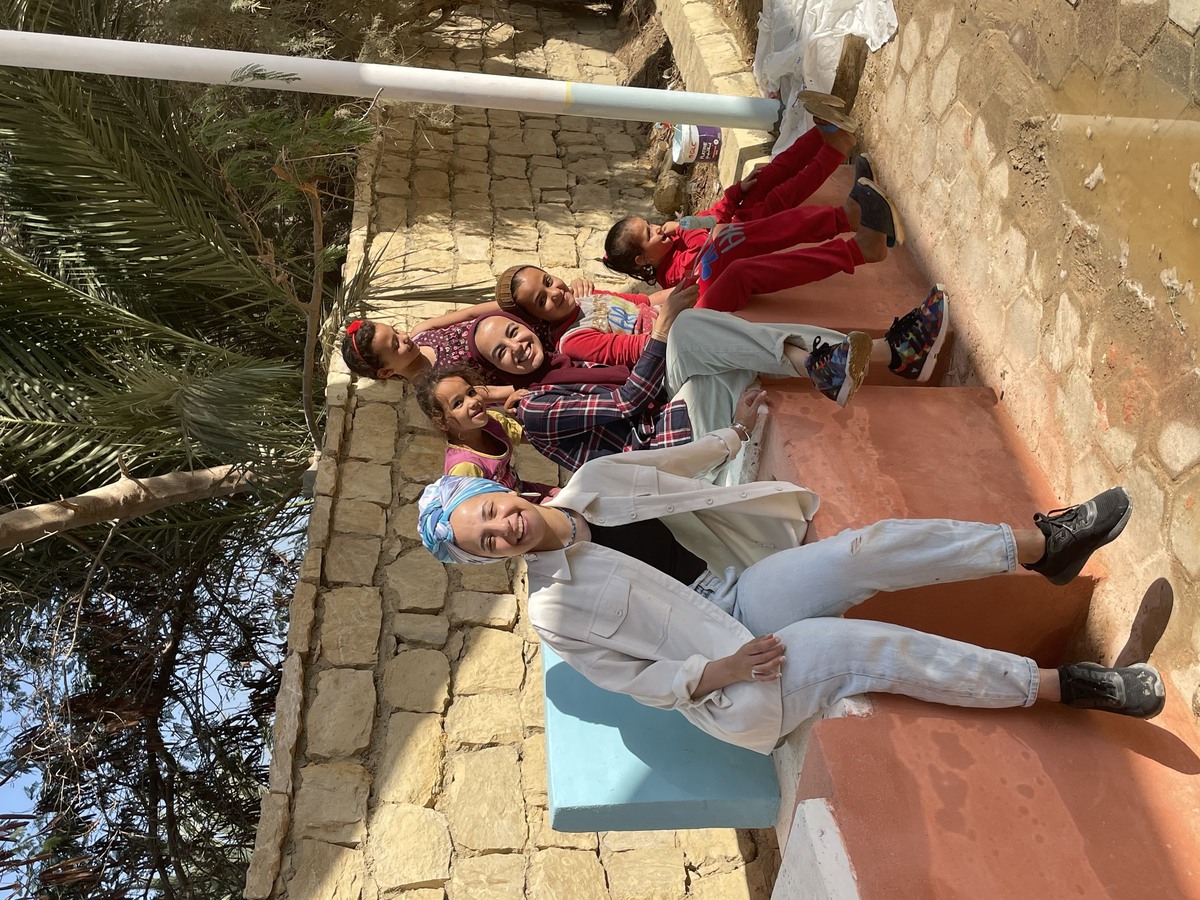
Targeting travelers, volunteers and urban entrepreneurs from different backgrounds, the U for Urban Impact platform offers various services to achieve urban impact. Firstly, the platform organizes an annual urban event called “U meet” to create a network of urbanists to make decisions on potential projects that can be implemented within the platform.
Secondly, “U compete” creates competitions for urban entrepreneurs to find innovative solutions for the selected projects from “U meet ”, and the winner is selected to travel and implement the project on ground.
Finally, the platform announces a call for urban volunteers and travelers to travel and be part of the implementation of the projects through the “U travel” stage.
“We felt that there is a huge gap between any urban design field or urban development field and the Egyptian community,” Salma Osman tells Egyptian Streets. “In contrast to the large-scale projects that are already happening, we’ve found from our own studies that there still exists a huge gap between urban development and community development, and small-scale projects can actually serve people directly in these communities.”
The full cycle of the platform aims to raise awareness on the positive impact of community development and small-scale projects, followed by a process of implementation of the project on-ground and helping travelers and communities to collectively contribute.
View this post on Instagram
As of today, the platform has organized one event and one local project in Tunis Village, and they are aiming to do another project next year and reach travelers and stakeholders outside of Egypt as well.
“The idea is that when you travel, and when you contribute to these kinds of projects, you actually have a sense of belonging to the place you are visiting and you develop a very strong connection with the local community there,” Osman adds.
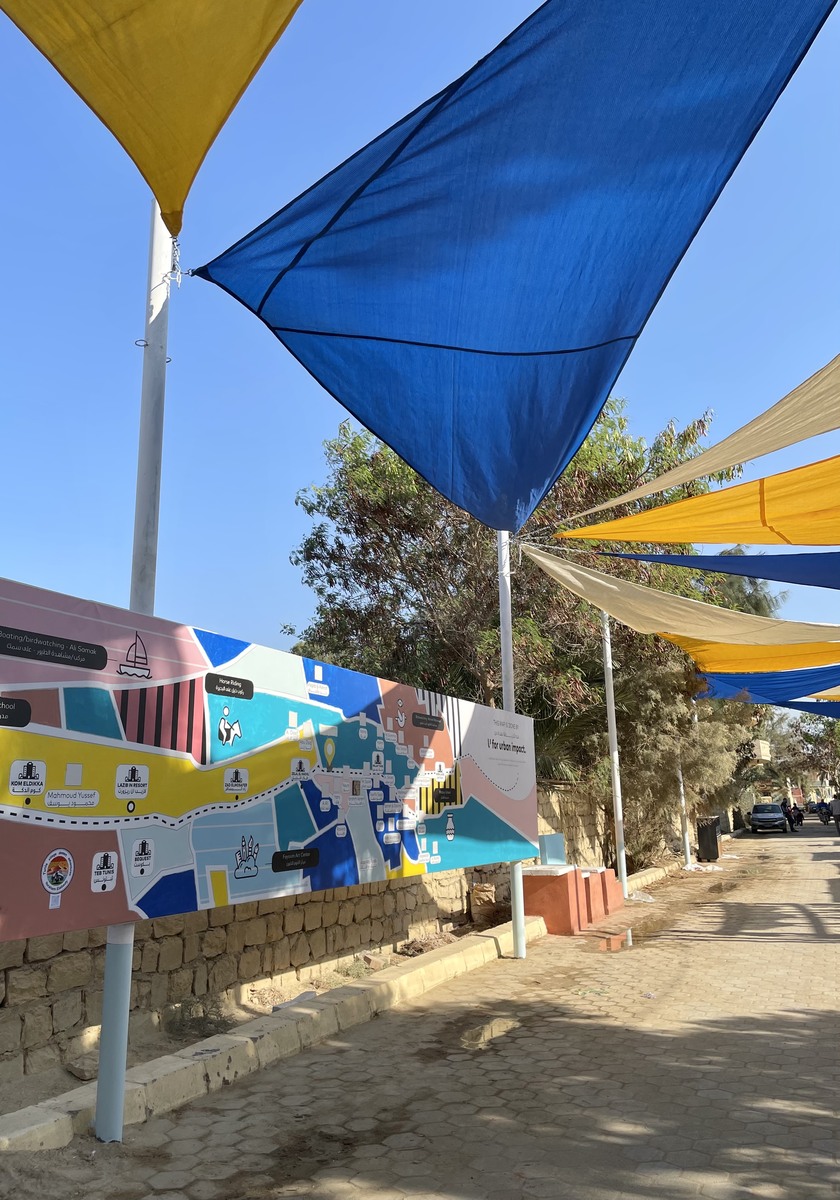
“People are not aware that you can travel and enjoy your life, but also create a positive impact. There are many people that actually want this, but it’s never often seen or known.”
The trip contains different packages, with the longest trip extending over a period of 10 days, including a diverse range of activities such as building permanent livable urban furniture using local materials, wall art, building a street shading structure in one of the main streets in Tunis Village, pottery, as well as other activities that include museum visits, safari, yoga, birdwatching, horse riding and felucca.
On top of giving travelers the opportunity to explore hidden unique spots that are often not advertised, it also allows them to see the village through the eyes of the community by interacting with them through several workshops and developing real long-term connections.
A key element of these community projects, however, is that it aims to turn it into more of a celebratory practice with the community to highlight the spirit collaboration that exists between the travelers and the communities.
“We want to celebrate everything we do with the community by exhibiting the process, like putting pictures on the wall and showing the entire journey of the project. Because for us, it was very important to make the community feel that they worked on this, and it’s not just us who did it and left. It is essentially about collaboration,” she adds.
Redefining the meaning of travel, U for Urban Impact envisions a future for community-based tourism in Egypt that does not see people and place as separate, but are rather intertwined. It aims to uncover hidden tourist sites, integrate development with tourism, and encourage local ownership of touristic places for a fairer distribution of wealth and growth.
“There’s a sense of gratitude that you feel at the end of it, which is not the same as traveling for 10 days just for adventure, because you never truly feel the spirit of the place. I believe that this will definitely boost tourism, and help travelers discover hidden spots that are not usually well-known,” Osman notes.
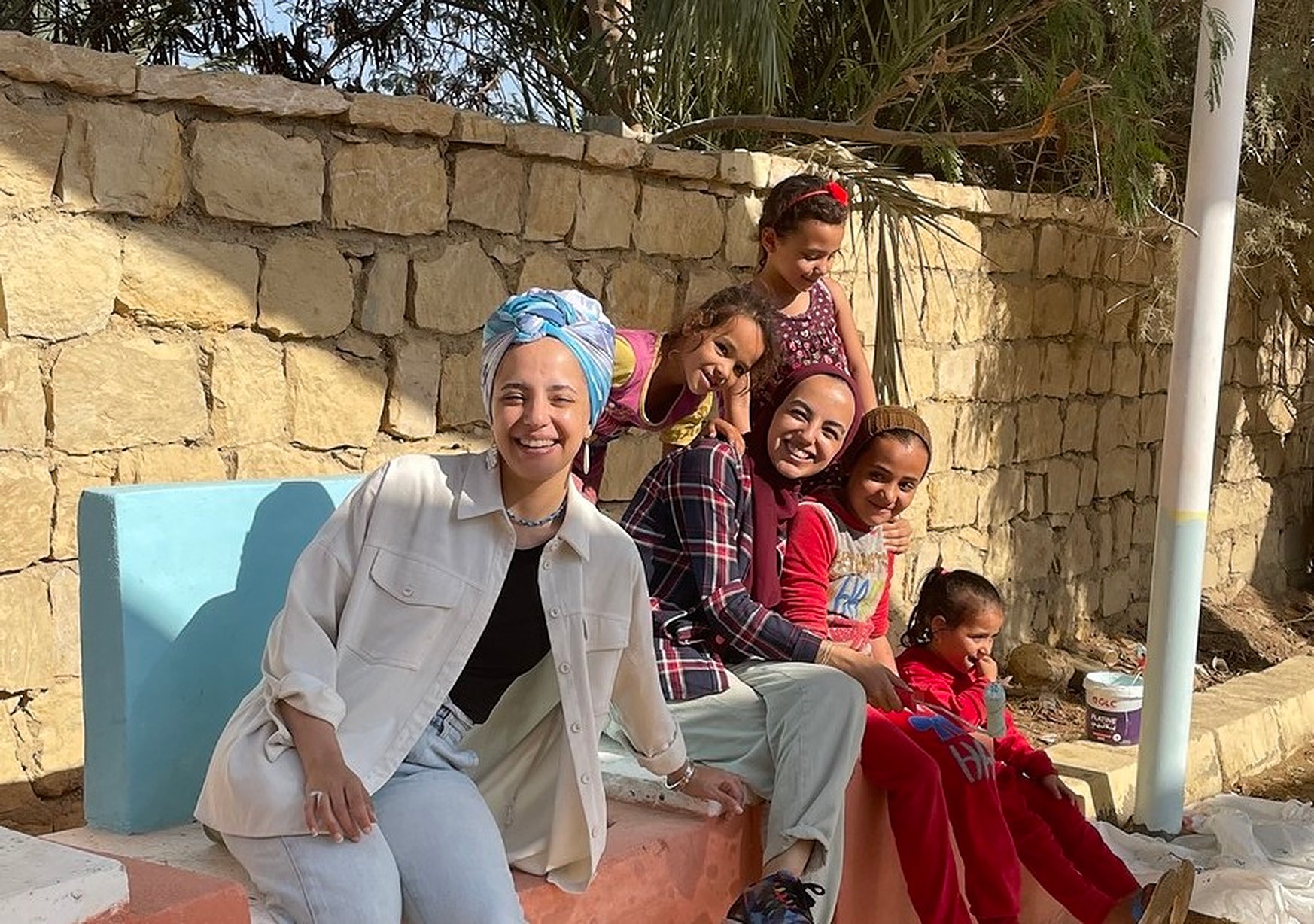





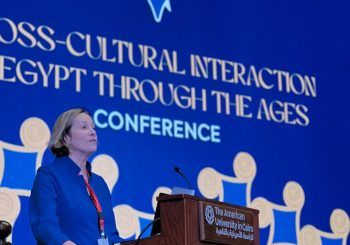
Comment (1)
[…] السفر من أجل التأثير: كيف تشجع هذه المنصة المصرية السيا… […]